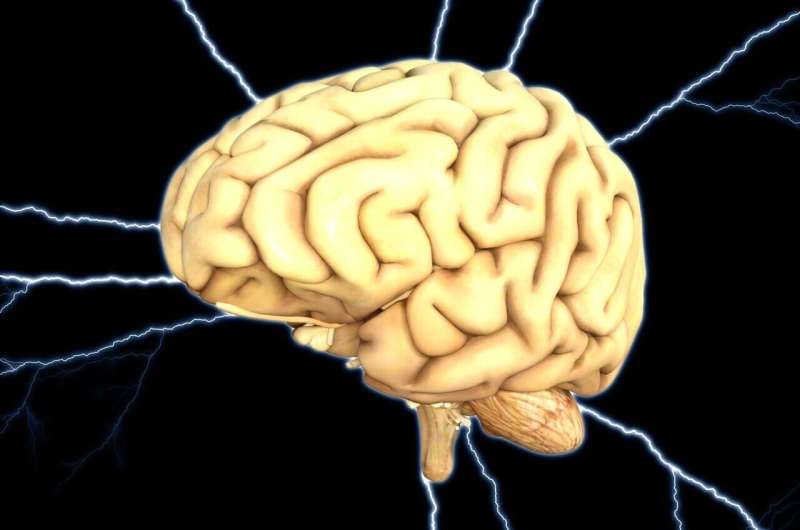Research Shows Fathers' Environmental Factors Impact Embryonic Development via Epigenetic Signatures

New research uncovers how paternal environmental exposures influence early embryonic development through epigenetic modifications, highlighting the role of fathers in intergenerational health.
Recent scientific research underscores the significant influence that paternal environmental exposures have on early embryonic development through epigenetic mechanisms. Traditionally, inheritance was thought to be governed solely by DNA sequences inherited from the mother. However, emerging evidence highlights how chemical modifications to DNA and associated proteins—without changing the genetic code—can be transmitted across generations, shaping gene expression in response to environmental factors such as diet, stress, or microbiome disruptions.
A groundbreaking study conducted at EMBL Rome focused on how paternal environments impact embryonic gene expression. The research team, led by Ana Boskovic and Jamie Hackett, utilized mouse models to investigate effects of environmental perturbations like antibiotic-induced microbiome disruption and low-protein, high-sugar diets on the developing embryo. To ensure consistency, they employed in vitro fertilization (IVF) techniques, analyzing the resulting blastocysts four days post-fertilization.
The findings revealed that fathers subjected to these environmental factors produced offspring with significant changes in gene activity during early development. Notably, microbiome disruption caused a decrease in genes critical for extra-embryonic tissue formation, while dietary changes led to minor developmental delays. Interestingly, the effects varied with different genetic backgrounds and paternal ages, especially impacting immune-related gene expression, indicating that genetics and paternal age modulate epigenetic inheritance.
This research demonstrates the importance of paternal health and environment in influencing embryonic development, expanding our understanding of heredity beyond DNA. It also suggests potential pathways through which environmental factors contribute to intergenerational health risks, paving the way for preventive strategies.
The study emphasizes the role of controlled experimental designs in unraveling complex epigenetic mechanisms and highlights the need for further research to explore how paternal factors can be targeted to improve offspring health outcomes.
Source: [https://medicalxpress.com/news/2025-09-dads-embryo-growth-molecular-signatures.html]
Stay Updated with Mia's Feed
Get the latest health & wellness insights delivered straight to your inbox.
Related Articles
Genetic Factors Drive Metastasis Formation in Colorectal Cancer
New research uncovers how genetic mutations in colorectal cancer influence metastasis development, offering potential for personalized treatments targeting organ-specific spread.
Mini-Organs Illuminate the Cervix's Innate Immune Defense Mechanisms
Innovative research using cervical organoids uncovers the active immune defense mechanisms of the cervix, paving the way for targeted vaccines and treatments against sexually transmitted infections. source: https://medicalxpress.com/news/2025-10-mini-reveal-cervix-defends.html
Publix Recalls Baby Food Due to Potential Lead Contamination
Publix has recalled its GreenWise Pear, Kiwi, Spinach & Pea Baby Food pouches due to potential lead contamination, highlighting ongoing safety concerns in baby food manufacturing.
Innovative Computational Approach Identifies New Targets for Alzheimer's Disease Treatment
MIT researchers have used data integration and network algorithms to identify new cellular pathways and genes involved in Alzheimer's disease, opening doors to novel therapeutic targets.



